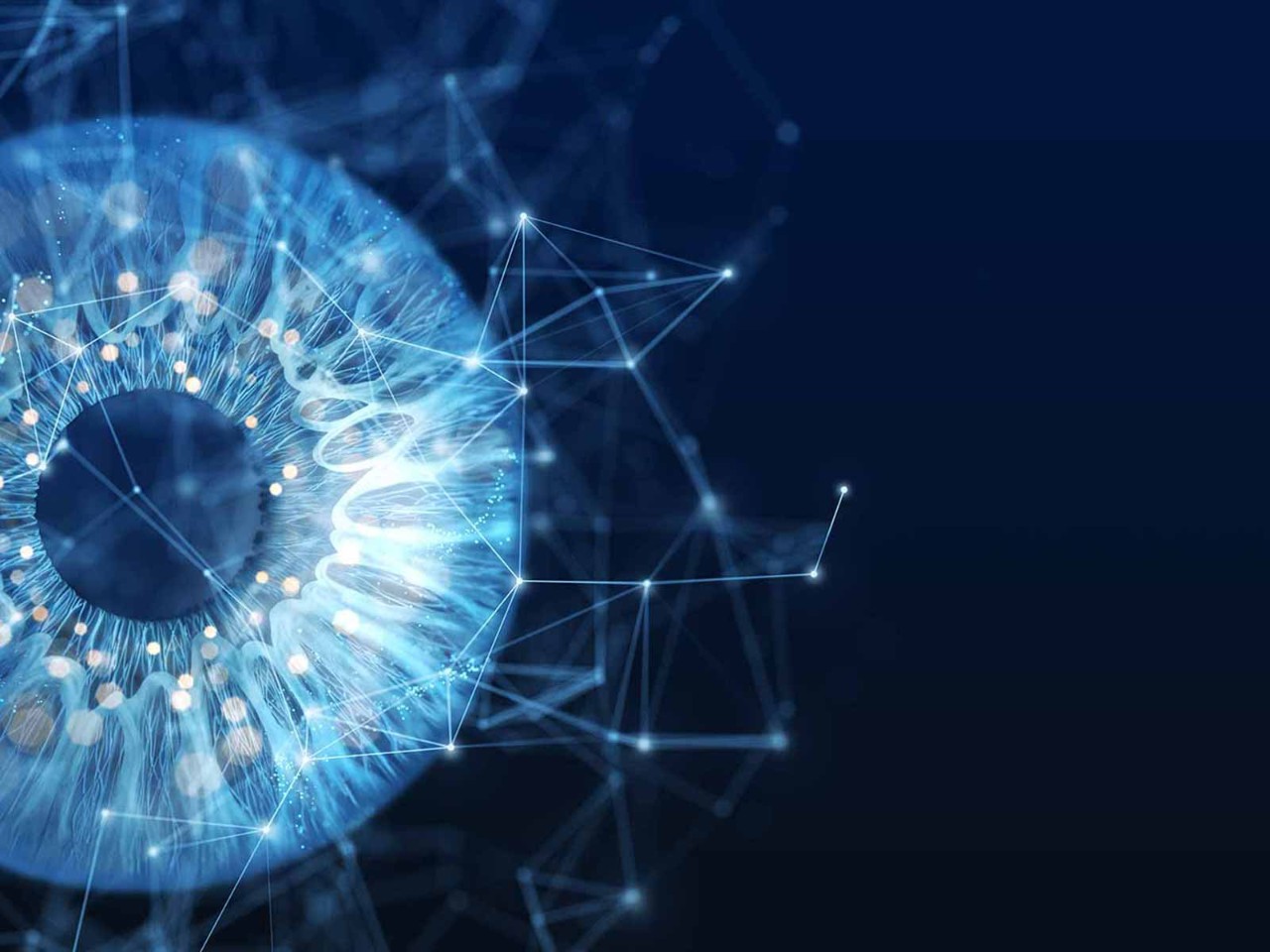
The public release of ChatGPT by OpenAI last November has been met with a flurry of increasingly hyperbolic predictions that artificial intelligence (AI) will change the world in a way few inventions in history have.
AI has replaced almost every other topic at the world’s biggest technology companies
And over the last few months ChatGPT has shown some remarkable capabilities. It can pass the US bar exams and create essays that would place a student in the top 10% of their class, for example.
As a result, AI has replaced almost every other topic of conversation for executives at the world’s biggest technology companies. So much for those metaverse ads that would show you a woolly mammoth in a virtual reality world!
In practice
Now businesses are attempting to figure out how AI can help speed up their daily tasks and activities. One real estate company reckons it will release its employees from the mundane task of writing housing listings, and even news organisations like Axios are looking to incorporate AI into reporting.
AI tools cut down on some of the more repetitive tasks
How will it assist in professions such as accounting and law? We’ll find out soon enough as a clutch of firms have announced plans to use AI tools. It is easy to see how it would be able to cut down on some of the more repetitive tasks that consume valuable time, thereby freeing up staff to work on engaging with clients and projects that require a human decision-maker.
If the current versions of AI chatbots are impressive, imagine what future iterations will be able to do. The insistence on a final sign-off always requiring a set of real eyeballs should reassure clients of the veracity of the work being done, thereby remedying the potential for a wrong number creeping into an audit, or a document having a clause inserted that shouldn’t be there.
Past lessons
The rush into adding AI to every business reminds me of how some companies sought to embrace blockchain technology. A few years ago we had plenty of evangelists preaching that blockchain would revolutionise our daily lives. Some businesses changed their corporate name in the hope that being seen at the forefront of this extraordinary new era would boost their fortunes. Yet the jury is still out, in my mind at least, on how useful blockchain has truly been.
The downsides are overlooked for fear of missing out
The potential danger is clear. As companies look to adopt the newest technology, the downsides are overlooked for fear of missing out and an assumption that just because everyone else is doing it the likelihood of risk is diminished.
Righting wrongs
There have been demonstrable errors in some of the responses from the current generation of AI chatbots, and there is no way to fully eliminate mistakes from the next. We may pass a critical eye now on AI responses and question their veracity, but in future we run the risk that the reliance will be absolute. Who will be liable for the mistakes in that scenario?
Companies may soon decide that paying for tech and a real person too is a waste of resources
The fallback position that humans will continue to provide oversight and scrutiny of AI applies now, but it may not take long for companies to decide that paying for technology and a real person too is a waste of resources. We may end up losing the knowledge and experience we need to be able to challenge artificial intelligence.
I certainly wouldn’t subscribe to the more fatalistic view that AI poses an existential threat to our world. However, we need to cast a more critical eye on its true capabilities and potential. Amid the clamour to jump onto this particular technology bandwagon, we need to recognise the drawbacks too.
More information
Read about applications of AI in AB’s special edition on big tech
Learn more about technology developments at ACCA Ireland’s conference on 1 June and earn CPD units
Read this AB article on mitigating AI risk and earn CPD units




